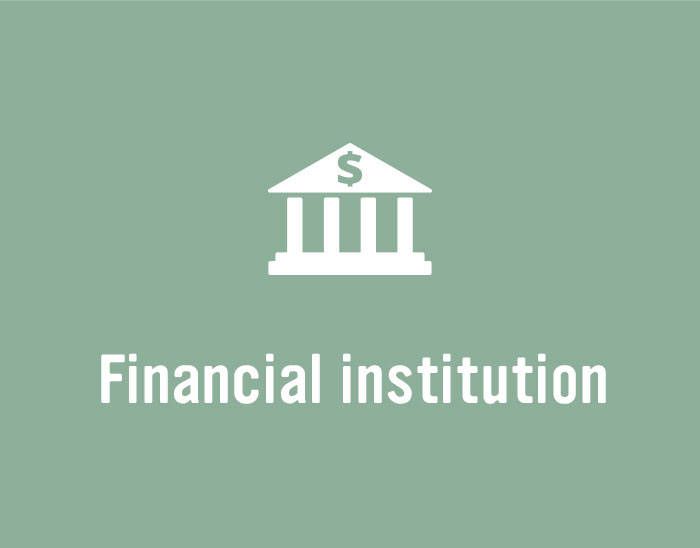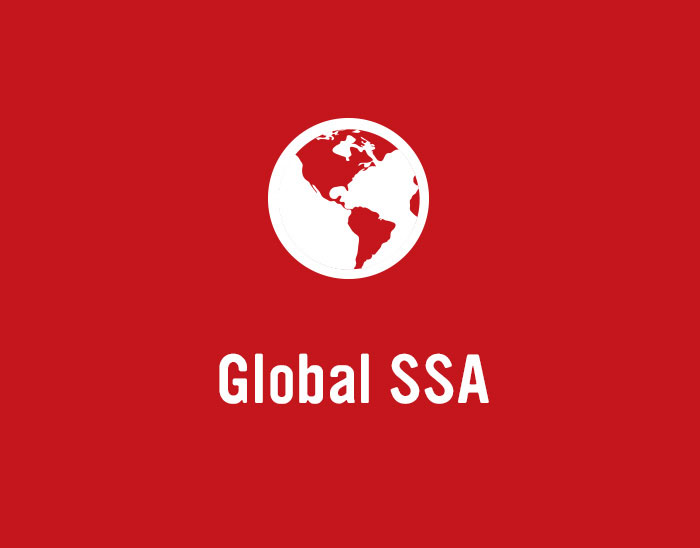Latest News
Global leaders in the green, social and sustainablility (GSS) bond space are acutely aware of the core goal of the asset class: to drive capital into sustainable assets and thus help reshape the world economy. A debate is raging about how best to bring more participants into the environmental, social and governance (ESG) investment world – all while the climate-change clock is ticking.
On 18 July, ANZ Banking Group (ANZ) (AA-/Aa3/AA-) launched a new, benchmark, 10-year non-call five-year, domestic tier-two deal. The self-led floating-rate note transaction has indicative price guidance of 210 basis points area over three-month bank bills and is expected to price on or before 19 July. The notes are expected to be rated BBB/Baa1/A+.
As part of its goal of developing global investor engagement with Australasian asset-backed securities, the Australian Securitisation Forum hosts an annual showcase in London. Taking place on 10 June this year, the event attracted a raft of institutional investors to hear more about the Australian housing market and securitisation product.
On 18 July, Westpac New Zealand (Westpac NZ) (AA-/A1/AA-) revealed plans for a self-led, five-year domestic deal, expected to launch in the near future.
A holistic approach to integrating environmental, social and governance (ESG) factors into credit processes is becoming the norm across the global debt market. Fitch Ratings (Fitch)’s integrated scoring system has been operational for close to six months and Andrew Steel, the rating agency’s London-based managing director and global head of sustainable finance, explains why the agency believes this system could transform ESG investing.
Western Australia (WA) is emerging from a challenging economic period with a much improved state-government balance sheet and signs of a renaissance in business investment and population growth. Ben Wyatt, WA’s Perth-based state treasurer, discusses the economic trajectory and funding options.
At face value, the Australian economy appears to be in relatively good shape with solid if unspectacular growth and low unemployment. But the Reserve Bank of Australia (RBA) is easing already accommodative monetary conditions and there is talk of further stimulatory macroeconomic measures and even QE.
The long-term trend is still in the right direction, but investors and intermediaries in Asia say regional interest in Australia has taken a step back in the past 12 months. There are still many reasons for Australian market participants to maintain and grow their Asian engagement, however.
New capital requirements proposed for banks by the Reserve Bank of New Zealand (RBNZ) are likely to have consequences well beyond the banking sector. Economics in the lending market could be set for change, which may in turn reshape the dynamics of corporate bond issuance in New Zealand.













